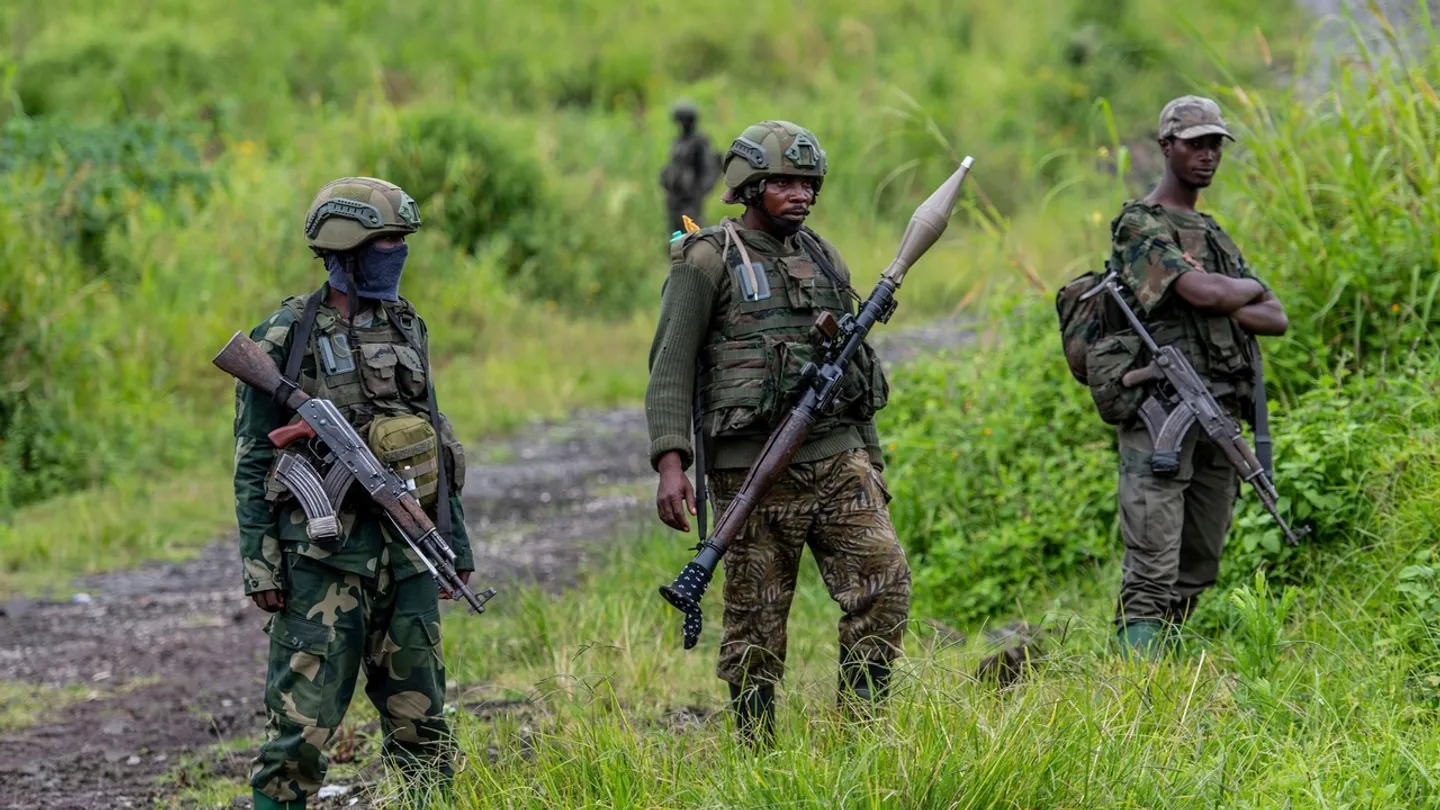
The Congo River Alliance (AFC/M23) has firmly denied allegations made by the United Nations accusing the group of mass killings in eastern Democratic Republic of Congo, describing the claims as “unfounded” and “politically motivated.”
The rejection came in a statement issued on Friday, just days after the group signed a fragile ceasefire agreement with the Congolese government in Washington.
According to a UN report dated 6 August 2025, and a letter sent on 28 July, the rebel movement is accused of killing between 169 and 319 civilians between 9 and 21 July in Rutshuru territory, North Kivu province.
The M23 has dismissed these findings as “contradictory” and “devoid of evidence,” noting that some of the areas cited are located within Virunga National Park, “where all agricultural activity is prohibited.”
The movement also criticised what it called a “flawed methodology” based on “uncorroborated” testimonies from “compromised” sources, including the Wazalendo militia and the Democratic Forces for the Liberation of Rwanda (FDLR).
It accused UN bodies of “relaying information without prior verification” while failing to acknowledge “the crimes committed by the Kinshasa regime,” including alleged massacres of Banyamulenge and Hera civilians and the bombing of populated areas.
The AFC/M23 is calling for the immediate withdrawal of the report, a public apology from the UN, and the launch of an independent investigation. The statement insisted that the group remains “committed to protecting civilian populations” and opposes any “political instrumentalization” of international institutions.
The disputed UN report comes at a sensitive time. The recently signed ceasefire, brokered with the support of international partners, was aimed at restoring calm to the troubled east. However, the latest exchange of accusations threatens to undermine the already fragile agreement and further complicate peace efforts in the region.



